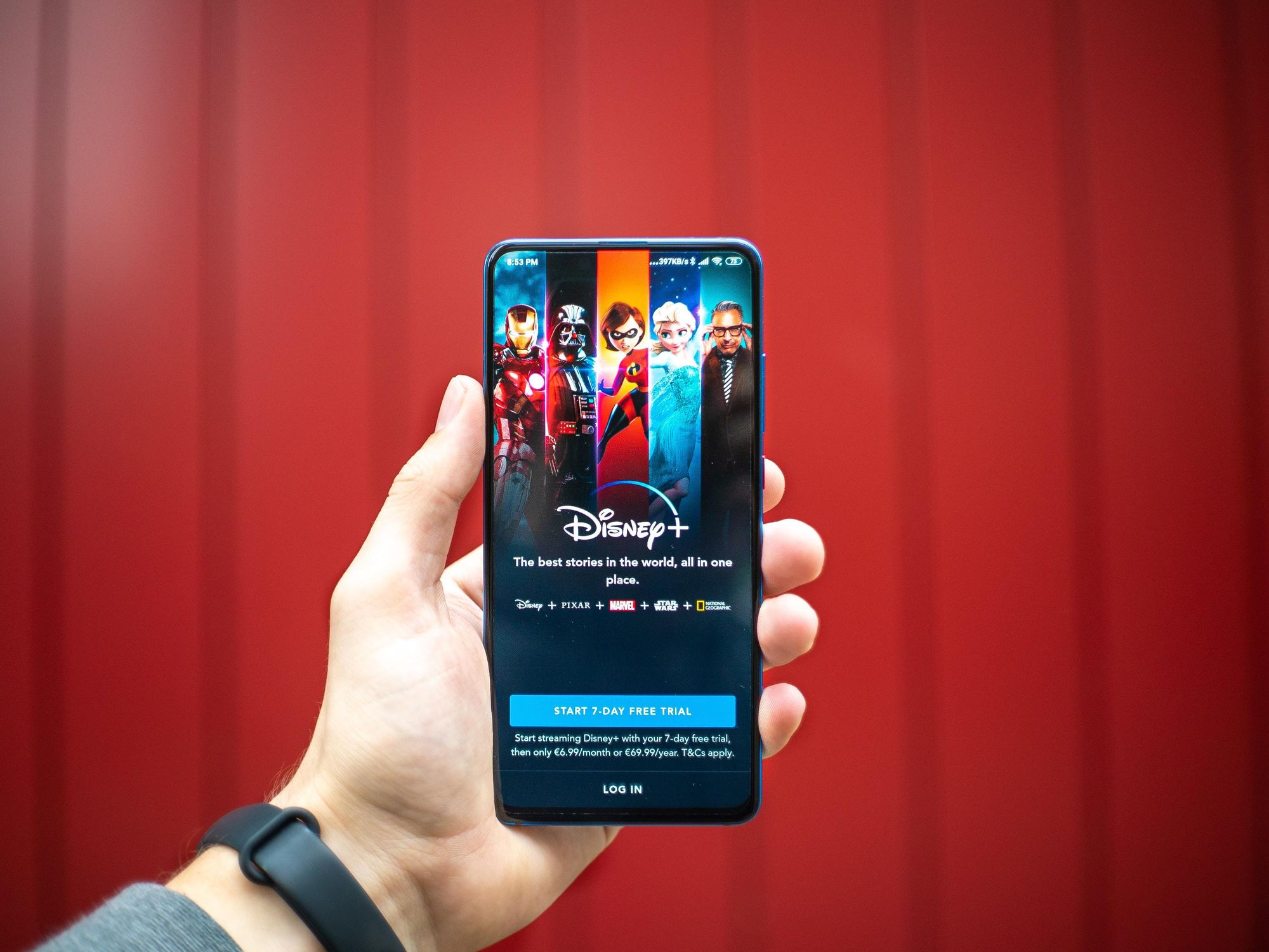LA Tech ‘Moves’: New CEO for Tinder’s Parent Company; Disney Streaming Poaches SVPs
Decerry Donato is a reporter at dot.LA. Prior to that, she was an editorial fellow at the company. Decerry received her bachelor's degree in literary journalism from the University of California, Irvine. She continues to write stories to inform the community about issues or events that take place in the L.A. area. On the weekends, she can be found hiking in the Angeles National forest or sifting through racks at your local thrift store.

“Moves,” our roundup of job changes in L.A. tech, is presented by Interchange.LA, dot.LA's recruiting and career platform connecting Southern California's most exciting companies with top tech talent. Create a free Interchange.LA profile here—and if you're looking for ways to supercharge your recruiting efforts, find out more about Interchange.LA's white-glove recruiting service by emailing Sharmineh O’Farrill Lewis (sharmineh@dot.la). Please send job changes and personnel moves to moves@dot.la.
***
Dating app conglomerate and Tinder parent company Match Group tapped former Zynga president Bernard Kim as chief executive officer.
Performio, an enterprise-grade sales commission software solution company, appointed former Salesforce executive Neil Graham as chief revenue officer and former Datometry vice president of engineering Dmitri Korablev as chief technology officer.
Sunstone Management, a venture capital firm, added Mike Stone as chief investment officer. Stone previously served as vice president at Morgan Stanley.
Trusaic, a pay equity software provider, tapped soccer icon and social activist Megan Rapinoe as chief equality officer and strategic partner to fight gender and racial wage inequality. She joins Trusaic’s newly-formed “E-suite,” a reimagining of traditional C-suites that acknowledges the role leadership plays in workplace equality.
Former BYD executive Samuel Kang joined Sienza Energy, a Caltech-incubated battery company, as chief operating officer.
Space simulation and analytics products company Slingshot Aerospace hired Erin Defossé as chief operating officer and promoted Dr. Belinda Marchand to chief scientist. Prior to their roles, Defossé served as chief product officer at Aceable, while Marchand served as the director of astrodynamics and space systems at Slingshot.
Disney Streaming added former Netflix director of engineering Devika Chawla and former Meta vice president of scaled operations Arun Chandra in senior vice president roles.
Tanya Lynch joined network provider Boingo Wireless as vice president of human resources. Lynch previously served as director of HR at Mouser Electronics and vice president of HR at the Neiman Marcus Group.
Video game developer Blizzard Entertainment hired Jessica Martinez as its first vice president, head of culture. Martinez previously served as director of strategic operations at Disney Parks, Experiences and Products.
Health care company The Mighty hired Matthew Michelson as president. Michelson previously served as president of Genesis AI at Genesis Research.
Talent agency UTA hired Nick Axelrod as vice president in its ventures department. Axelrod co-founded Courtney Cox’s homecare brand Homecourt, where he was the head of creative and product development.
Spotter, a startup that finances YouTube creators, welcomed Monica Khan as head of creator community and Derek Reynolds as executive vice president of legal and business affairs. Both YouTube veterans, Khan was previously a strategic partner manager at the video-streaming platform, while Reynolds served as head of business affairs for YouTube Originals.
Meta Hollywood added three new members to its advisory board: NFT Now co-founder and CEO Matt Medved, Wordpress co-founder Matt Mullenweg and talent agent Jim Toth.
Hyperdraft, an AI-powered software platform for lawyers, added Grindr data privacy and security executive Kelly Peterson Miranda to its advisory board.
Decerry Donato is a reporter at dot.LA. Prior to that, she was an editorial fellow at the company. Decerry received her bachelor's degree in literary journalism from the University of California, Irvine. She continues to write stories to inform the community about issues or events that take place in the L.A. area. On the weekends, she can be found hiking in the Angeles National forest or sifting through racks at your local thrift store.




 Image Source: JetZero
Image Source: JetZero